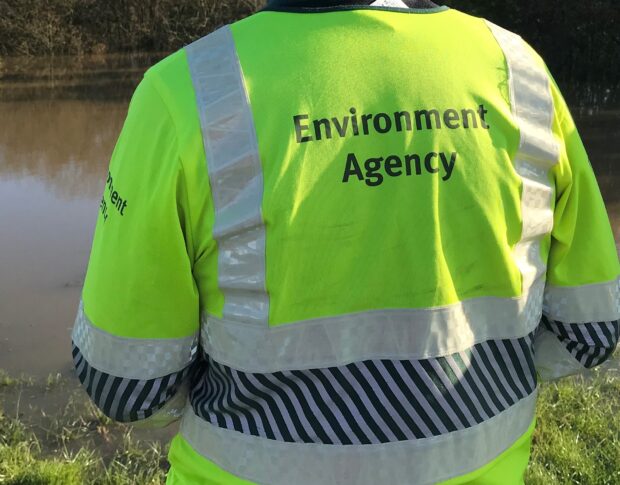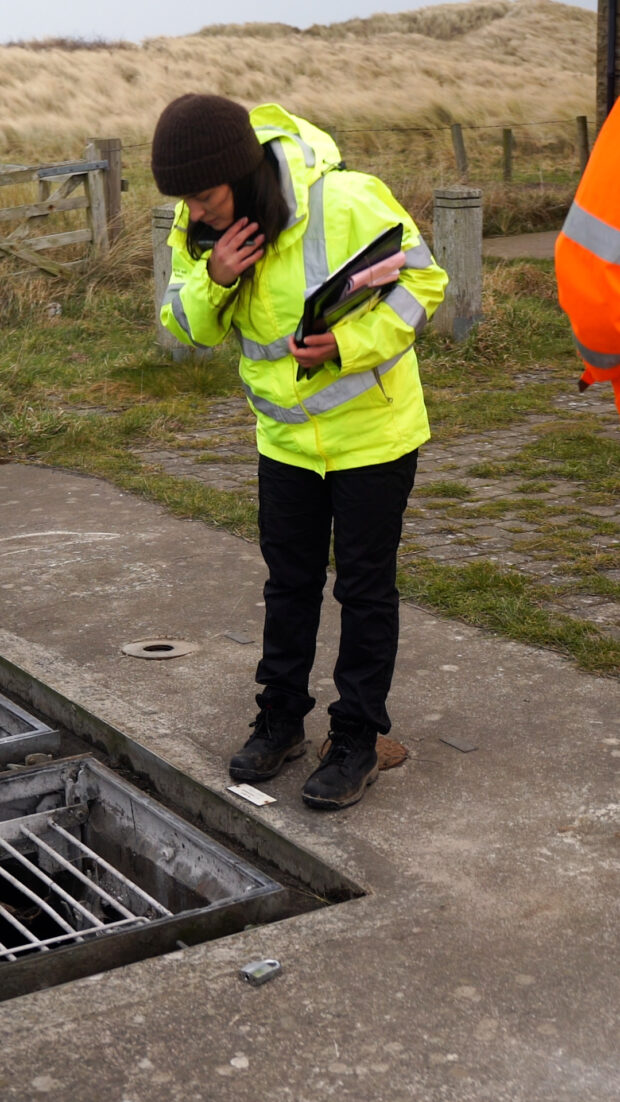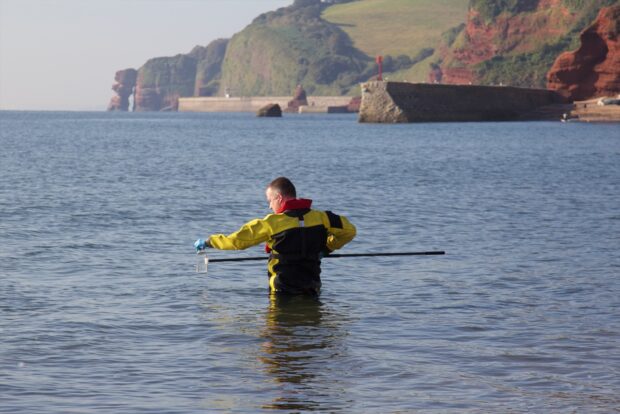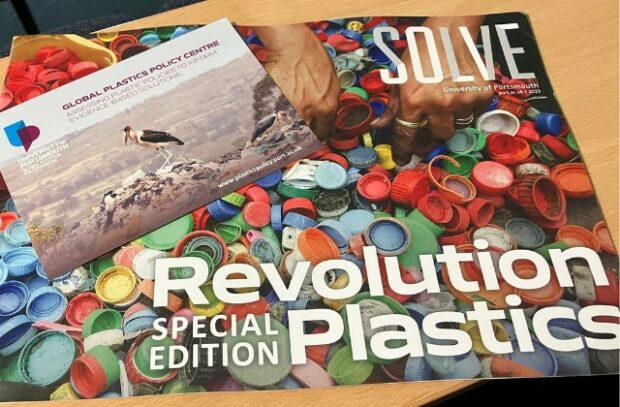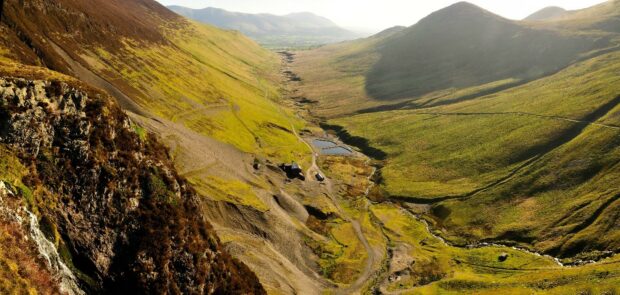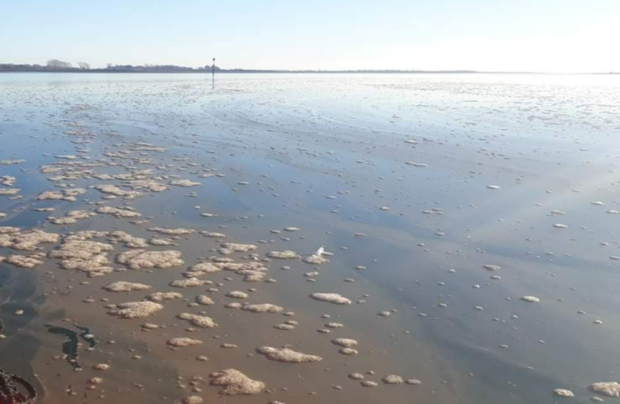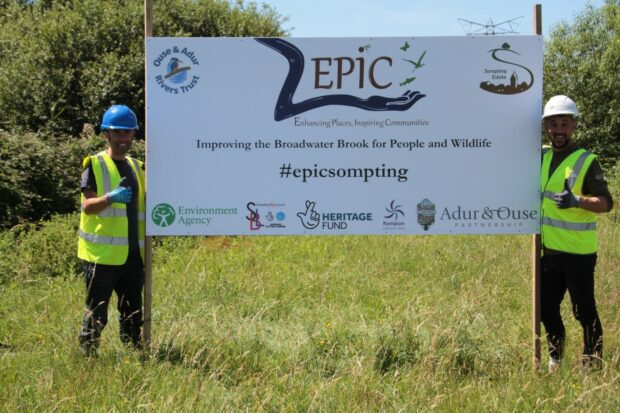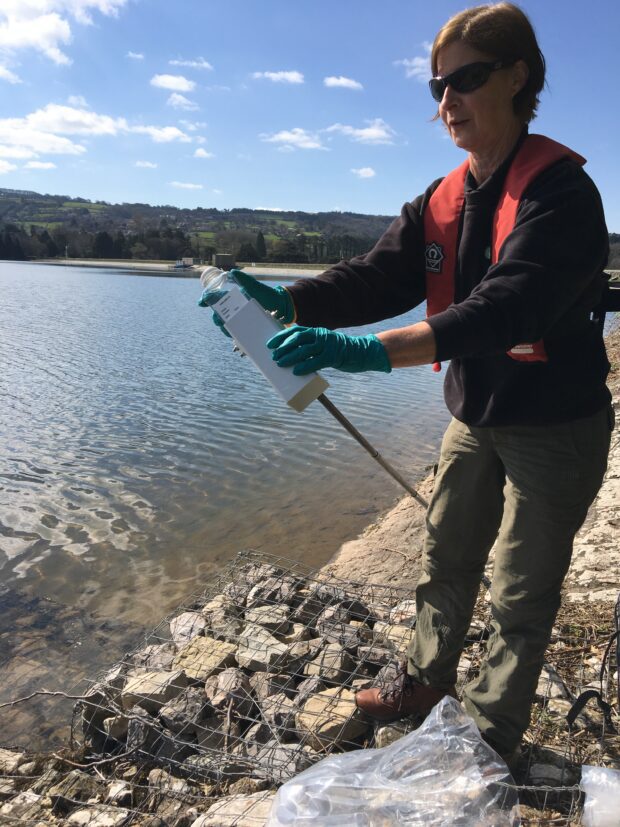There has been media interest today (Thursday 25 September) in the Environment Agency’s attendance to pollution incidents, including in the BBC. The coverage examines the categorisation process of incidents. The article does not give the full picture around the EA’s performance, …
The water industry is fundamental to the health of our country - supporting people, wildlife, economic growth and the environment. That’s why it’s critical that water companies deliver on their environmental commitments, that they are fully funded to comply with, …
All living things, from bacteria to blue whales, have DNA in their cells. DNA provides the blueprint for life, directing how organisms grow, reproduce, and live. Since DNA gives a unique genetic code for every species on Earth, we can …
Our blog on 1 February explained how we approach monitoring, sampling and testing of bathing waters and our approach to keeping public informed and warned when there are short term risks of pollution which bathers would rightly want to be …
To celebrate Plastic Free July, Victoria Prowse and Helen Powers from the East Midlands Regulated Industry team write about their recent talk at the Plastics Future 2023 conference at Plymouth University.
Metal mines played a major part in Britain’s history, but these abandoned mines are the largest source of metals to our rivers and seas which can seriously harm aquatic life such as fish and river-flies. Hugh Potter, the Environment Agency’s Water and Abandoned Metal Mines lead, looks at the action being taken to address the …
The problems facing water are complex, with multiple sources of pollution affecting water quality. One of the lesser-known areas of the Environment Agency’s work is cleaning up pollution from abandoned metal mines. Mining played a major part in Britain’s rich industrial history, but this also left thousands of abandoned mines scattered across our landscape. Almost …
Confusing algae for sewage is an easy mistake to make, but there are some tips to telling the difference.
In today’s blog we look at how the Environment Agency helped to restore 1km of urban chalk stream in West Sussex. By Gareth Williams, Environment Programme manager Solent and South Downs In order to restore one chalk stream in …
Research Scientist Kerry talks about our use of DNA technology to understand what’s in the water.
